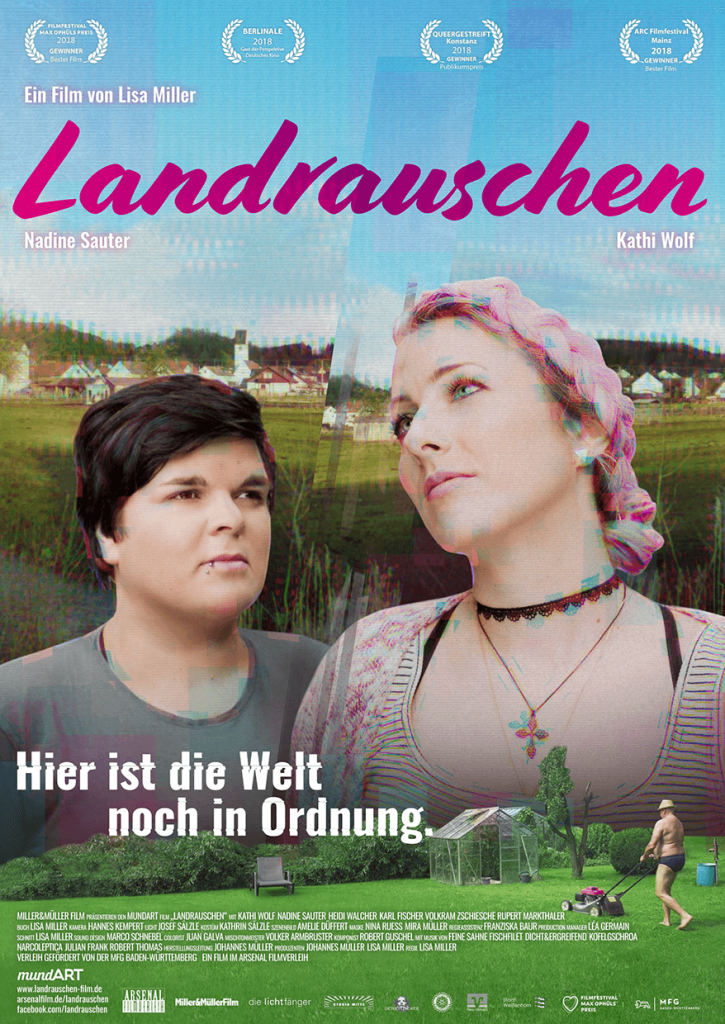Queer Cinema from Germany – Country Noise (Landrauschen) [Online]
Aug. 21–23, 2020
Northwest Film Forum is SCREENING ONLINE! NWFF’s physical space is temporarily closed in light of public health concerns around COVID-19, but community, dialogue, and education through media arts WILL persist.
• • HOW TO WATCH • •
- Purchase your ticket through Brown Paper Tickets.
- Your email receipt from Brown Paper Tickets will contain a link and password for viewing, under “Ticket Details”. (Don’t see it? Check your spam filter.)
- If you encounter any issues logging in, please contact louie@nwfilmforum.org for a quick follow-up. (But please, check your confirmation email!)
** This film is only available to viewers in the US, Canada, and Mexico. **
About
Goethe Pop Up Seattle, in partnership with Three Dollar Bill Cinema, Gay City, and NWFF present Queer Cinema from Germany, a virtual film series that serves as an introduction to the multiplicity of stories at the heart of contemporary LGBTQ+ films.
After years of living it up, with two degrees in the bag but not a penny to her name and no meaningful purpose in life, Toni is now in her late twenties and is having an identity crisis. An inheritance serves as a welcome excuse to leave her cosmopolitan life behind and return to the village whose narrow confines she once fled. But this new beginning goes badly awry. As an intern in the local section of the regional newspaper, she feels totally undervalued and at home her interfering parents scarcely give her any room to breathe. Luckily she meets the fun-loving Rosa who helps her see her old stamping ground anew. Wild moped rides and nightly outings bring her back to life. But the more Rosa becomes attracted to the beautiful Toni, who seems only to think about herself, the more explosive the relationship becomes. The film delineates the search for identity of two women in a village that is increasingly being confronted by an ever more complex world.
Using a mixture of documentary footage and working with amateur actors who speak in their own vernacular, the authentic atmosphere of a real village is recreated in a fictional story, revealing the deep identity conflicts within.
The framework is a story in which traditional narrative patterns and characters of peasant theatre or the classic Heimatfilm are reflected. These are initially infiltrated by subversive style and postmodern narrative and thus re-invented, with vernacular language and organic camera work serving as stylistic devices.


